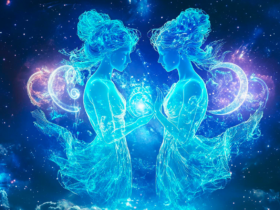For centuries, astrology has fascinated humanity with its promise that the stars can reveal our personalities, preferences, and even destinies. But can zodiac traits – like Aries being bold or Pisces being intuitive – stand up to scientific scrutiny? Researchers have explored this question from psychological, statistical, and cultural perspectives, offering a nuanced picture of why zodiac descriptions often feel so accurate.
From a scientific standpoint, there is no consistent evidence that the position of the planets or sun at birth directly shapes personality or behavior. Large-scale studies have failed to find a statistically significant correlation between zodiac signs and psychological traits. For example, analyses comparing thousands of birth charts to personality inventories like the Big Five show results that mirror chance rather than cosmic influence.

However, science does recognize why astrology feels convincing. Psychologists point to the Barnum effect – our tendency to accept vague, general statements as uniquely descriptive of ourselves. When a horoscope says, “You value honesty but sometimes doubt yourself,” most people will see truth in it. Add in confirmation bias – the human habit of noticing what fits and ignoring what doesn’t – and astrology begins to feel uncannily personal.
Yet this doesn’t mean astrology is without value. Many people use it as a symbolic language for self-reflection, emotional understanding, and relationship insight. Studies in cultural psychology suggest that belief systems like astrology can serve as meaningful frameworks for identity and connection, even if they lack causal mechanisms recognized by science.
In essence, while zodiac traits may not be scientifically proven, their enduring appeal reveals something deeply human: our desire to find order, meaning, and connection in the vastness of the cosmos.
Related: The Taurus Mindset: How Stability Shapes Their Decisions





















